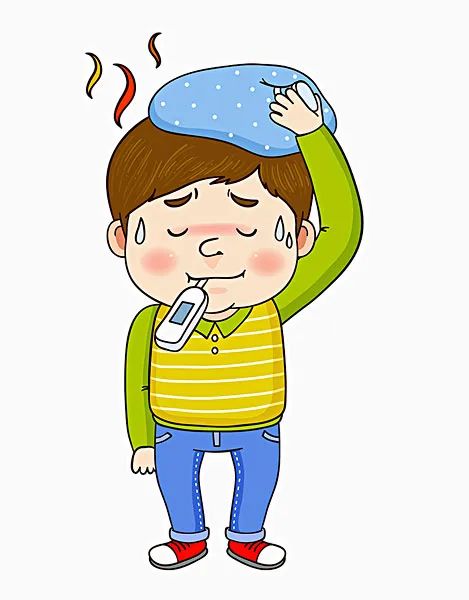
Mr. Fang has had a fever for 10 days, with a maximum temperature reaching 39.5 degrees Celsius. He has no nasal congestion, runny nose, sore throat, or cough with phlegm. Aside from fever and general fatigue, he has no other symptoms. He went to the hospital for blood tests and urinalysis, both of which were normal, and a chest X-ray showed no abnormalities. He was diagnosed with viral fever and given antiviral and antipyretic symptomatic treatment, but his temperature kept fluctuating, making him very uncomfortable. After being referred by friends, Mr. Fang visited Professor Wang Canhui at the Second Affiliated Hospital of Nanjing University of Chinese Medicine (Jiangsu Provincial Second Hospital). Professor Wang combined the four diagnostic methods and considered it a case of Qi (气) level excess heat syndrome, prescribing a Chinese herbal decoction to be taken orally, instructing him to take it every 6 hours. The next day, the patient’s temperature dropped below 38 degrees Celsius, and from the fourth day onward, his temperature returned to normal. Although the patient no longer had a fever, he experienced symptoms of drowsiness and lack of appetite. Upon re-examination, Professor Wang adjusted the treatment to focus on tonifying Qi and nourishing Yin, and after 5 days of treatment, the patient had no significant discomfort.
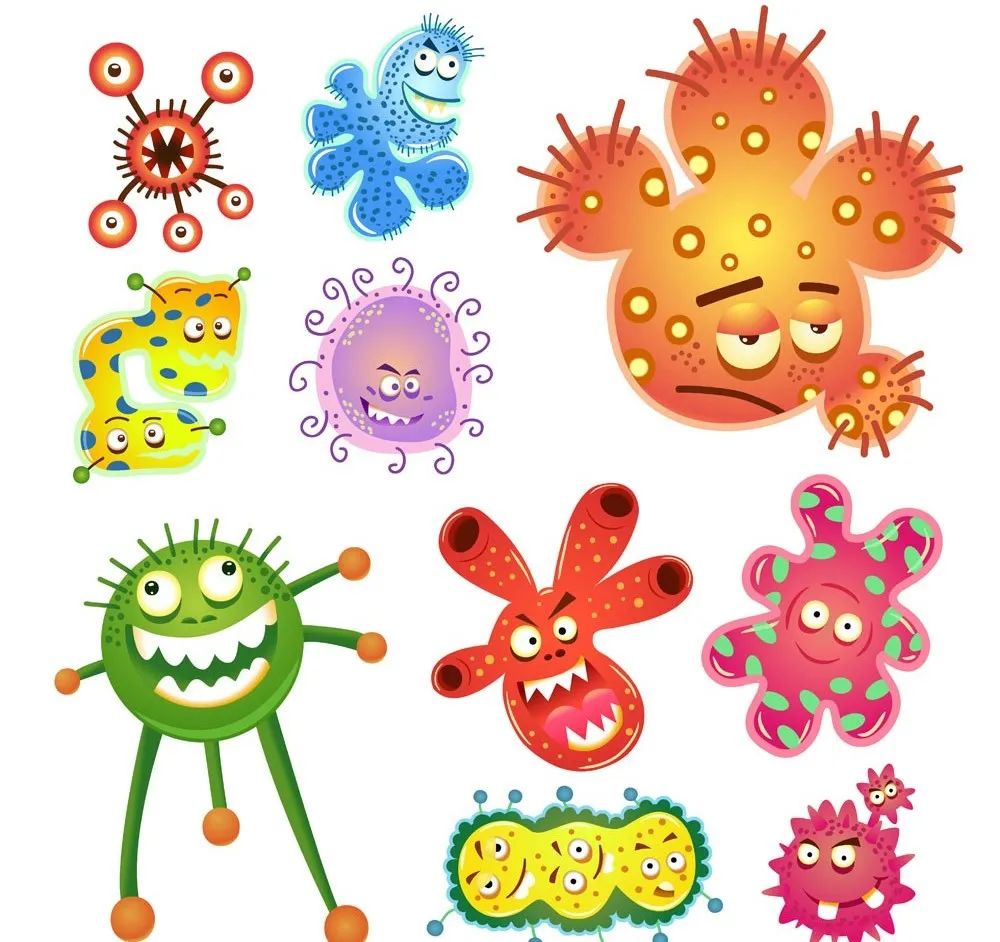
Externally contracted febrile diseases refer to a category of external pathogenic diseases caused by the invasion of the six excesses (liuxie 六邪), non-seasonal qi, or warm epidemic toxins, leading to an increase in body temperature due to the conflict between the righteous and the evil, resulting in disharmony of the Ying (营) and Wei (卫) Qi. This type of disease manifests in modern medicine as illnesses caused by bacterial or viral infections, such as colds, pneumonia, gastroenteritis, viral hepatitis, and acute infectious diseases, often presenting with sudden onset and severe symptoms.

Professor Wang Canhui believes that the etiology of this disease is diverse, with wind-heat being common in the winter and spring, while summer is often associated with heat and dampness, and autumn is primarily characterized by dryness and heat. Each type of heat evil is often accompanied by other evils, and the heat evil continuously invades the Wei Qi throughout the course of the disease. The location of the disease is variable and related to the type of pathogenic evil, as different types of evils can invade different parts of the body. The pathogenesis is also continuously transforming, easily leading to transmission, primarily manifesting as changes in the organs, Wei Qi, Ying blood, Yin-Yang, and the three burners (三焦). Although externally contracted febrile diseases are complex with variable causes and pathogenesis, they still exhibit certain patterns of entry and transmission. Therefore, Professor Wang emphasizes that clinical diagnosis should consider the timing and causative factors, clarify the attributes, and analyze the transmission of the pathogenesis to grasp the development stage and severity of externally contracted febrile diseases, allowing for dialectical treatment and prognosis assessment.

In treatment, Professor Wang also focuses on expelling the evil heat, emphasizing methods of penetrating and clearing. Penetrating refers to expelling the evil heat from the surface of the body. When internal heat cannot be released, dispersing the evil heat outward can relieve internal stagnation. Clearing means to clear heat and detoxify, as well as to clear heat and drain fire. In his clinical practice, Professor Wang has found that general methods for releasing the exterior and reducing fever do not yield good results, so he has developed a formula for clearing heat and detoxifying, which has proven effective in treating various viral fevers.
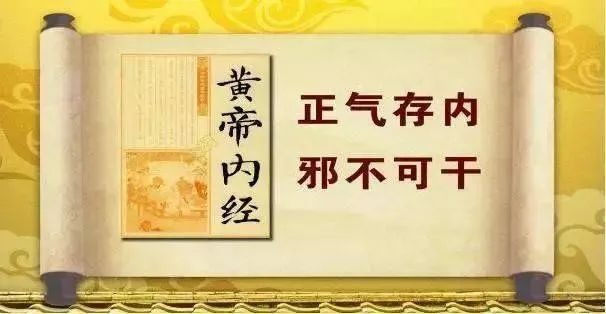
Additionally, regarding whether external evils can invade the body or whether the body can develop symptoms after being invaded by external evils, Professor Wang proposes that the internal cause of this disease lies in the fluctuation of the body’s righteous Qi, which can be summarized as “wherever the evil resides, there is deficiency.” The Department of Pulmonary Diseases at the Second Affiliated Hospital of Nanjing University of Chinese Medicine (Jiangsu Provincial Second Hospital) offers various TCM therapies that can support righteous Qi, enhance physical strength, and improve immune function, such as acupoint injection, moxibustion, foot baths, and medicinal pastes.
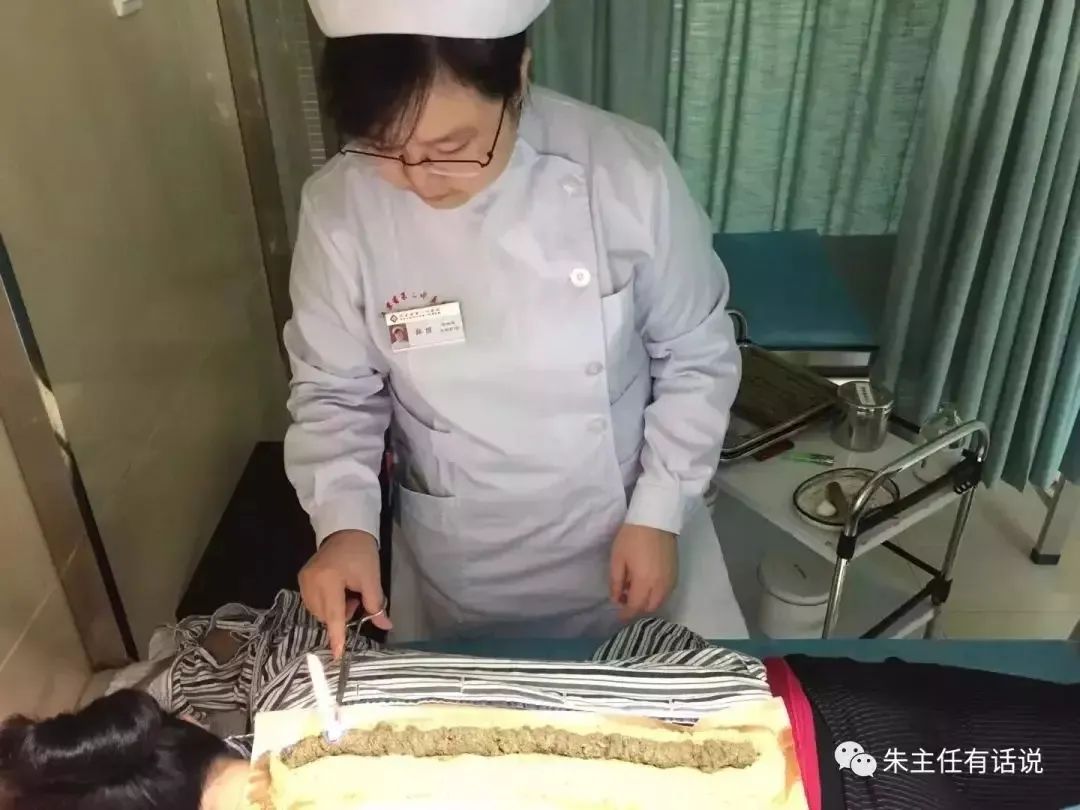
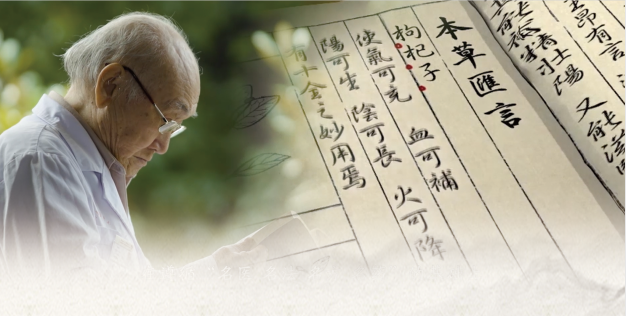
Professor Wang Canhui comes from a family of traditional Chinese medicine practitioners and has studied medicine from a young age. After graduating from the Jiangsu Provincial Chinese Medicine Continuing Education School, he remained to teach and has been engaged in the teaching, research, and clinical work of warm diseases.
He is a nationally renowned old TCM physician, a famous TCM master in Jiangsu Province, a well-known TCM scholar in China, and an expert in warm diseases and internal medicine. He is recognized as one of the 500 national old TCM experts designated by the Ministry of Human Resources, the Ministry of Health, and the State Administration of Traditional Chinese Medicine for mentorship. He is a professor and doctoral supervisor at Nanjing University of Chinese Medicine, a guiding teacher for the second batch of national old TCM expert academic experience inheritance work, and a guiding teacher for the national science and technology support program project “Research on the Inheritance of Clinical Experience and Academic Thoughts of Famous Old TCM Physicians”. He has served as the leader of the warm disease discipline and the basic clinical discipline of TCM at the State Administration of Traditional Chinese Medicine and the Jiangsu Provincial Government, a member of the Chinese Medicine Discipline Evaluation Group of the State Council Degree Committee, a member of the Expert Guidance Committee for Graduate Work of the State Administration of Traditional Chinese Medicine, the chairman of the Infectious Disease Branch of the Chinese Association of Traditional Chinese Medicine, a member of the Expert Advisory Committee of the Jiangsu Provincial Administration of Traditional Chinese Medicine, and the vice chairman of the Expert Advisory Committee and Academic Committee of Nanjing University of Chinese Medicine. He has been a member of the 8th and 9th National Committee of the Chinese People’s Political Consultative Conference and enjoys special government allowances.
Professor Wang has led over 10 national and provincial research projects, authored and published more than 30 academic works including “Warm Disease Studies” and “Differentiation Studies”, and published over 60 academic papers. He has trained more than 20 doctoral students and 30 master’s students. He has received the Jiangsu Provincial Science and Technology Progress Award and the Jiangsu Provincial Education and Teaching Achievement Award, and has been recognized as an “Outstanding Graduate Mentor in Jiangsu Province” and an “Outstanding Discipline Leader in Jiangsu Province”.
Professor Wang has accumulated rich clinical experience in long-term clinical practice, particularly in the diagnosis and treatment of externally contracted febrile diseases and complex diseases of the internal organs, including the heart, lungs, gastrointestinal tract, liver, gallbladder, and endocrine systems.
The expert outpatient hours are: every Monday and Tuesday morning.
END
